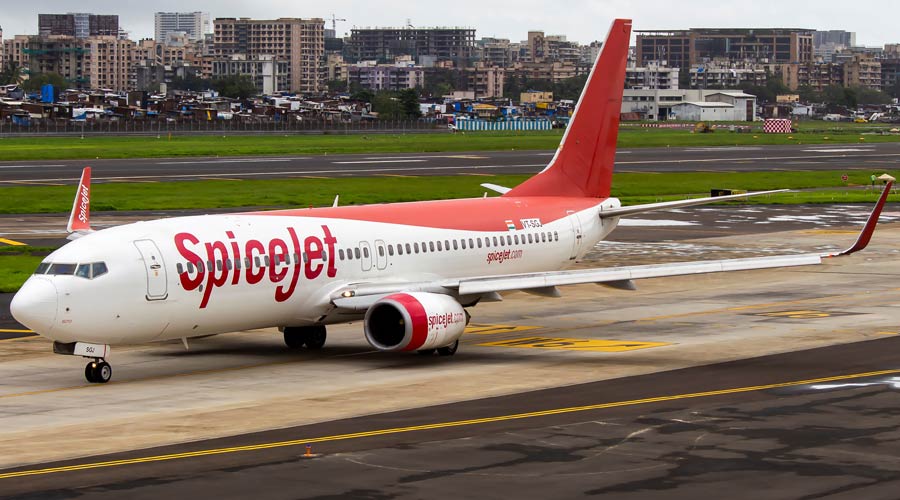SpiceJet has settled a dispute with De Havilland Aircraft of Canada for failing to make pre-delivery payments for 15 Q-400 turboprops that were part of a 25-plane deal that it had signed with the Canadian plane maker in 2017. As part of the deal, SpiceJet will induct some planes from that order.
In 2017, SpiceJet signed a purchase agreement for 25 Q-400 aircraft. It took delivery of five aircraft, but failed to make pre-delivery payments for 15 planes — sparking the dispute.
Three years later, De Havilland had filed a case against SpiceJet in a United Kingdom court stating the budget airline paid and took delivery of five of the 25 aircraft but halted the pre-delivery payment for the remainder of them.
The parties have agreed to settle all their disputes under the aircraft purchase agreement and component solution agreement, subject to compliance with the terms of settlement, SpiceJet said in a statement.
“All related proceedings before the UK court and execution proceedings before the Delhi high court have been stayed and will be withdrawn upon compliance with the settlement terms,” a statement from the airline read.
The UK court had in 2021 said De Havilland was entitled to recover $42.9 million from SpiceJet and terminate the aircraft purchase agreement.
The Canadian aircraft maker had then filed a case in Delhi High court to recover the $42.9 million award.
SpiceJet is also battling a liquidation suit filed by Credit Suisse over its failure to pay a Swiss maintenance contractor for services rendered. SpiceJet is challenging Credit Suisse’s right to file the suit and its claim that the Swiss contractor had assigned its rights over the dues to the Swiss financier.










